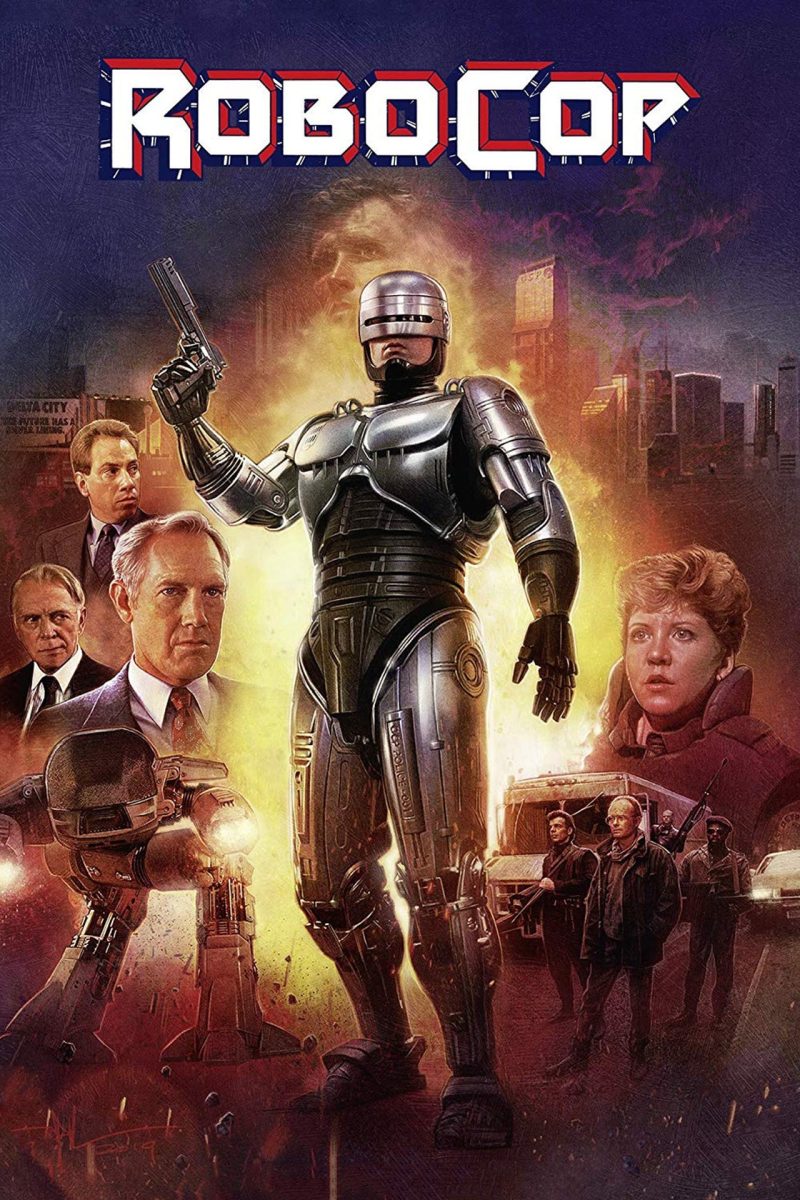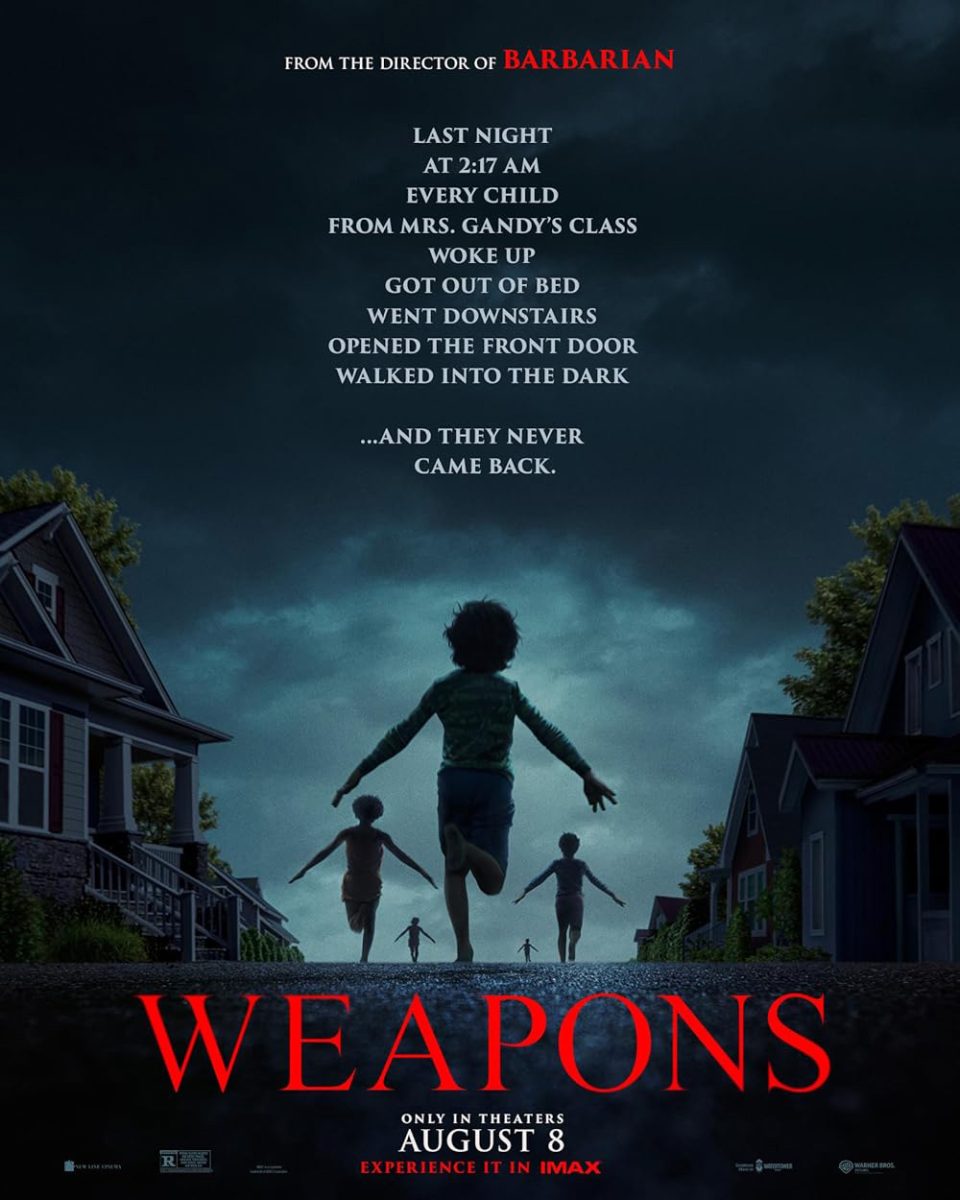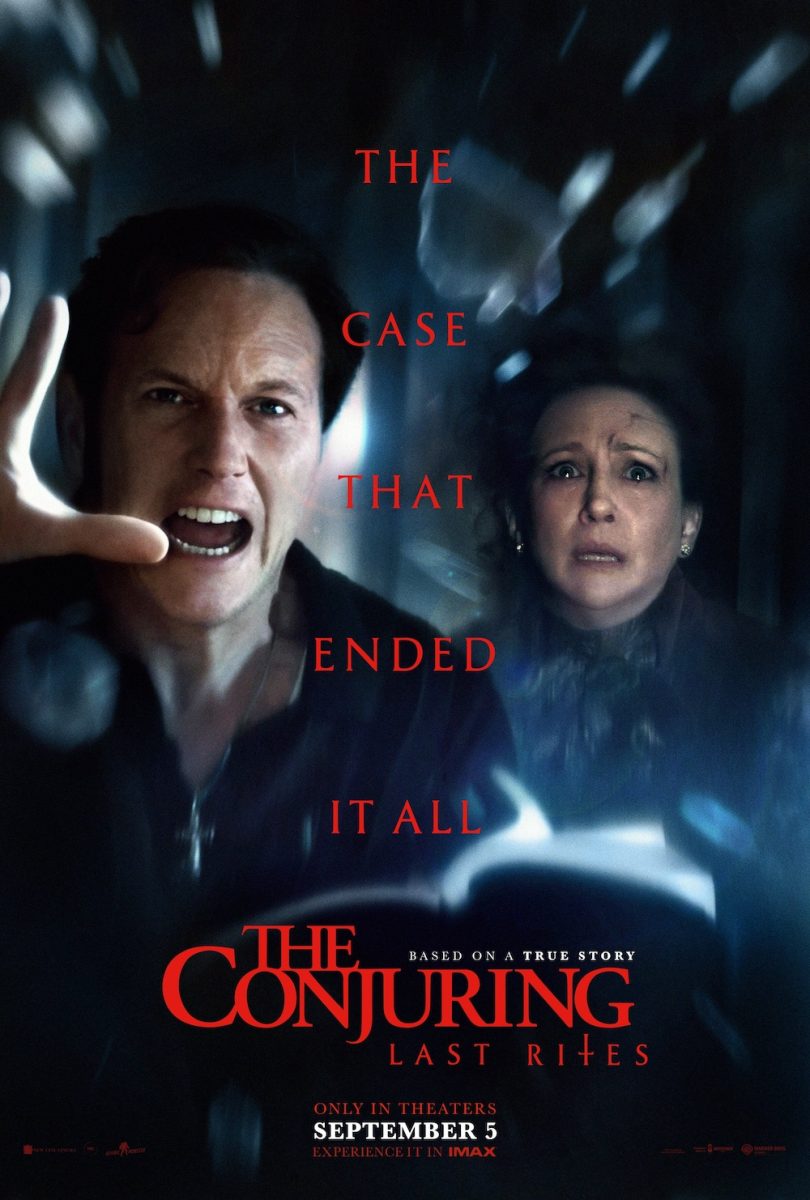Robocop is a name synonymous with dated CGI and a level of action distinctly unique to Hollywood movies. The title itself leaves little to the imagination regarding the plot of the film. Despite its banality, Robocop sits as a title so successful that the franchise includes nearly 30 sequels, spinoffs, videogames and endless parodies.
Even with its fair share of blockbuster movie moments, the original Robocop has a clear-cut social commentary on the rise of corporatism and an increasingly intrusive police force, reflective of the ‘80s when the film was made.
A film that balances its youthful appeal with such significant cultural relevance begs for a second look. Especially considering its reboot’s lack of an impact in a contemporary world captivated by many of the same issues.
Robocop (1987)
In my opinion, this is an enduring classic. The movie opens with an unmistakably ‘80s title card paired with an aerial shot of Detroit, setting a gritty tone for the rest of the film.
My favorite moment is the boardroom scene, which occurs early in the movie. A profit-driven CEO is unveiling his new invention, an unmanned robot juggernaut with two large machine guns on either side. The developer of said robot gives a gun to a board member and instructs him to point it at the robot. The robot identifies this threat and demands the board member to drop the gun, giving him a 20-second timer. The board member drops the gun, but the robot doesn’t stop counting down. Frantically the board member runs to get out of the line of fire but the robot moves to keep its aim, gunning him down in front of the board, to the horror of the CEO. Most board members panic, fearing for the life of their colleague. One even calls for an ambulance. However, the CEO seems to not care, less concerned with the death he just witnessed than with the obvious failure of his business venture. His reaction is a peek into the corporate evil that plagues the Robocop world.
I feel this scene is particularly notable because of its early inclusion in the movie. Its intensity is telling of what type of movie you are watching, and it is especially fun to watch the fanatical ‘80s special effects as the board member explodes.
The original film was a successful critique of corporate greed, deteriorating social values and the unchecked militarization of law enforcement.
The period in which the film was released only added to its relevance. The synthesized feeling of the ‘80s both aided the film’s appeal and made its social commentary all the more relevant.
Overall the movie is a fun watch. It sits as one of the most grandiose and bombastic movies in an era of flamboyant cinema. The film’s A-list cast only helped to sell its appeal, furthering its message. In addition the intimidating Robocop suit looks great along with the rest of the excellent sci-fi costumes.
Robocop (2008)
When MGM announced a big-budget remake of the original spearheaded by heavyweight director Darren Aronofsky, many fans relished the idea. Aronofsky had big visions for expanding the Robocop world, intending to create an entirely new movie, built on its sequel. However, the film’s release was delayed, and in 2010 Aronofsky dropped out of production.
In 2012 Brazilian director Jose Padilha was brought in to pick up the reins. Padilha’s vision was much more faithful to the original; Aronofsky envisioned a world 3000 years into the future and a society completely deprived of morality, whereas Padilha played it safe and fell back on remaking the movie entirely with loose changes.
Robocop (2014)
In the opening, the audience is met with an uncanny visual of supporting actor Samuel L. Jackson with hair. This shot was unexpectedly jarring, I feel the movie should include a disclaimer about this aspect. Once you push past this, you are met with spiritually the same movie as its successor.
While the acting is fun to watch, the writing feels limited. Minute changes to characters poorly veil the lack of originality. While the switch from the cold and nefarious CEO to a less outwardly evil—more Steve Jobs-coded— Michael Keaton is an interesting start, Keaton receives so little screen time that his inclusion feels dissatisfying.
It’s clear Padilha’s Robocop tried to act as a more modern take of the original. It features contemporary nods to our current social order, including a funny parody of the Patriot Act, which the movie calls the Dreyfus Act.
In an era so politically distinct, the movie, disappointingly, has nothing new to add. In the end, the movie is just another in a long list of uninspired remakes that took place in the mid-2000s. It is impossible to say if Aronofsky’s futuristic vision for Robocop would have panned out, but I’ll always take an original idea over a lackluster remake.
This I feel is where the film falls short. Where the original film’s underlying message felt relevant and particular, the remake seems to just be doing it because the original did, spicing up little details in a sad attempt to trick the audience into thinking they are watching a new film.
Future Cop
It is my opinion that the way the Robocop franchise interweaves eye-catching storytelling with social commentary is special. Amidst the glow of the 80’s the movie’s reflective critique of the time resonated deeply with its audience.
In a landscape plagued with reboots and sequels, Robocop sits as a cautionary tale. It reminds us that innovation cannot be replicated by imitation.
The true legacy of the robotic cop lies not in its flashy CGI but in its contemplative storytelling. It is molded for the decade that birthed it, making it clear that any sequel needs to follow suit.









Harvey • Apr 12, 2024 at 2:41 pm
Were I the type of person to watch movies, I would definitely watch the original robocop after reading this article